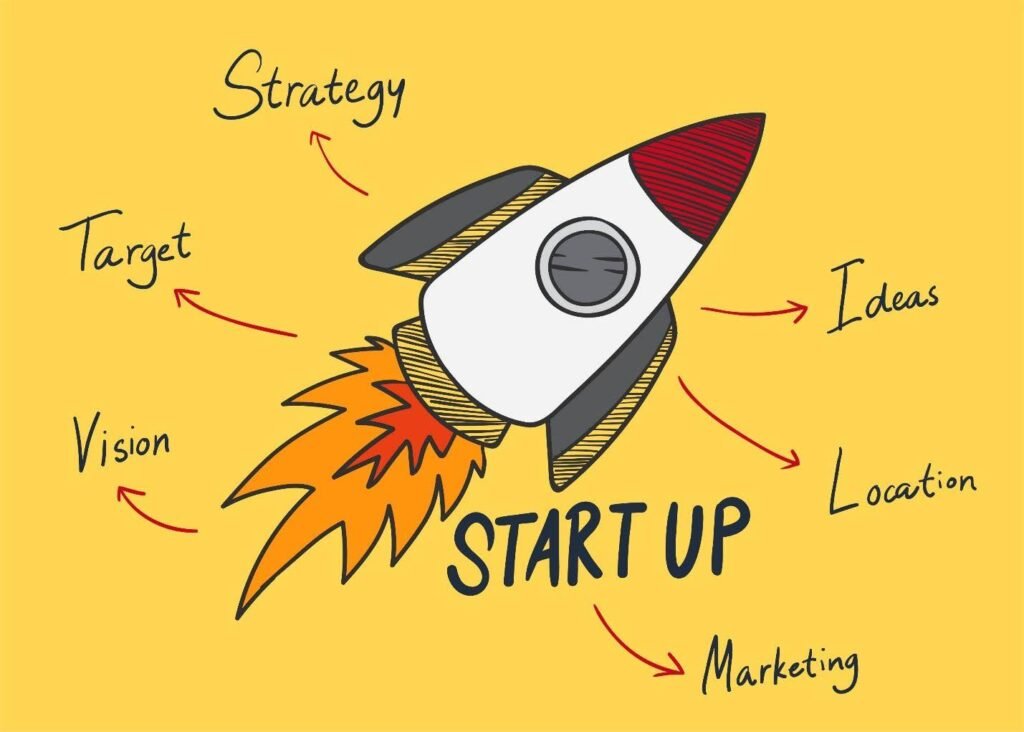HOME > Blog

Entrepreneurship is more than just starting a business—it is a key driver of economic growth, innovation, and long-term national development. Countries that promote entrepreneurship often achieve higher GDP growth, job creation, improved living standards, and global competitiveness.
This blog explores how entrepreneurship contributes to economic development, supported by examples and insights relevant to both global markets and developing countries like Pakistan.
Table of Contents
ToggleThink With Jamal Sohail is your space to explore big ideas, real-world case studies, and lessons that shape the way we think.
My mission is simple: to make knowledge accessible, relatable, and inspiring—so you can think bigger, act smarter, and grow stronger.
Join me on this journey of ideas, insights, and impact.

Entrepreneurship is the process of identifying market needs, developing innovative business ideas, and creating products or services that solve real problems. Entrepreneurs take risks, build ventures, and generate economic activity—making them essential for economic development and national progress.

One of the most significant impacts of entrepreneurship is job creation.
Example
In Pakistan, startups in e-commerce, fintech, logistics, health tech, and digital marketing have created thousands of new employment opportunities.
Why it matters
More jobs lead to Reduced Poverty, Higher Purchasing Power and Improved Household Income.

Entrepreneurs experiment with new ideas, business models, and technology—fueling global innovation.
Key outcomes of entrepreneurial innovation
Example
Companies like Uber, Airbnb, and Careem revolutionized transportation and tourism across the world, including Asia and the Middle East.
Impact on economic development
Economies that innovate stay competitive, modern, and globally relevant.

New businesses directly contribute to a country’s GDP and economic output.
How startups contribute to GDP
Example
Small and Medium Enterprises (SMEs) contribute 40–60% of GDP in many developing nations.
Why these matters
Higher GDP leads to better infrastructure, Stronger healthcare and education, and Sustainable national development.

Entrepreneurship introduces healthy competition, which is essential for efficient markets.
Benefits of more competition
Example
Local e-commerce businesses in Pakistan offer tailored services that global platforms like Amazon cannot match.

Countries with vibrant entrepreneurial ecosystems attract international investors.
Types of foreign investment entrepreneurs attract
Example
Countries like Singapore and the UAE became global innovation hubs by supporting startups and easing business regulations.

Entrepreneurs don’t only create profit—they solve social problems.
Areas impacted by social entrepreneurship
Example
Ed-tech startups offering low-cost learning solutions have revolutionized access to education worldwide.

Entrepreneurship supports balanced economic development, not just urban growth.
How entrepreneurship helps rural regions
Example
Agritech startups and cottage industries have boosted rural economies across South Asia.

Entrepreneurship is one of the strongest engines of economic development and national progress. It generates jobs, drives innovation, enhances competition, increases GDP, and supports social and regional development.
Countries that invest in entrepreneurial ecosystems—through education, policy reforms, digital infrastructure, and funding—experience faster and more sustainable economic growth.
Whether in developed nations or emerging economies like Pakistan, entrepreneurship continues to shape the future, creating opportunities and driving national transformation.